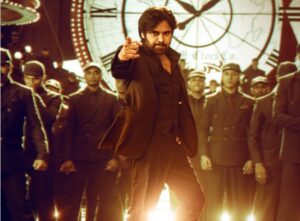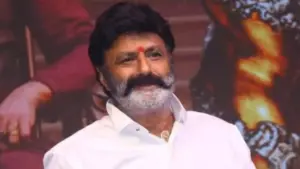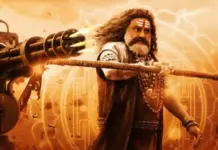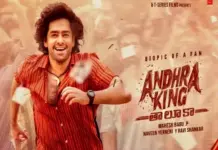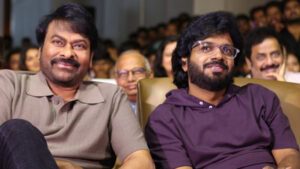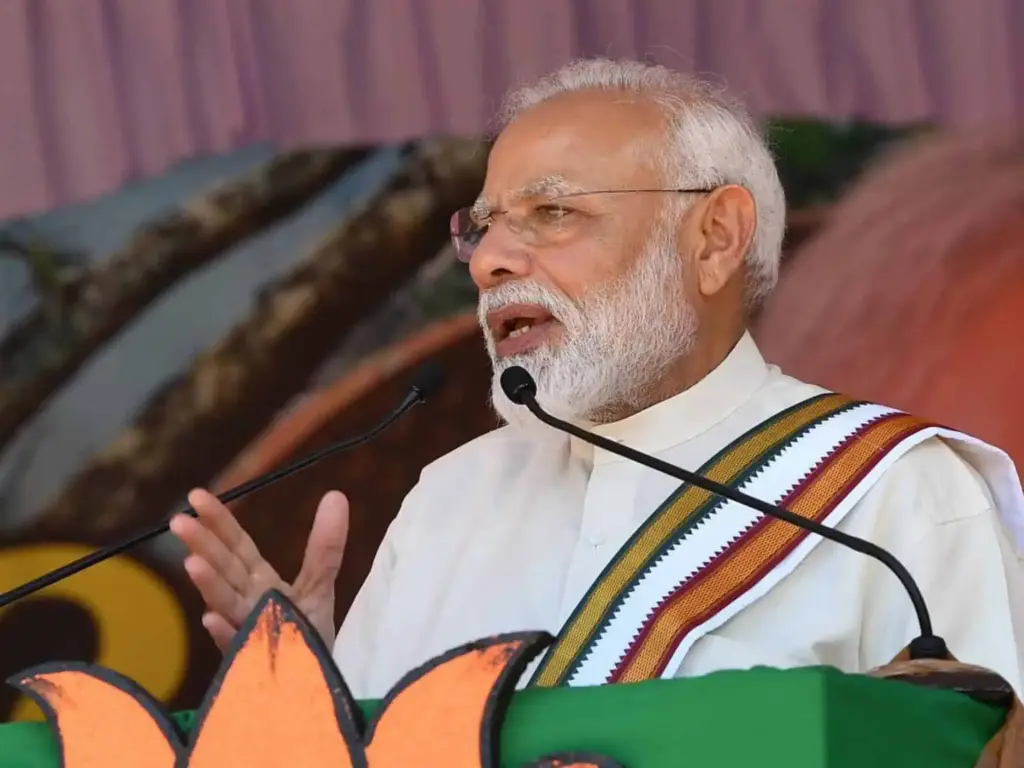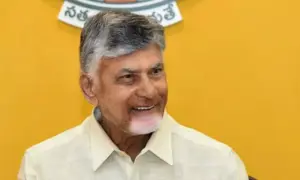
Kalki 2898 AD, a recent science fiction epic directed by Nag Ashwin, has become a runaway success at the Indian box office. The film, boasting a massive budget and A-list cast, has surpassed the 1 billion rupee mark (approximately $12.5 million USD) and continues to draw enthusiastic crowds in its third week. Notably, this achievement comes despite the absence of violence, gore, or explicit content, according to director Ashwin.
Kalki 2898 AD has shattered box office records, surpassing the collections of the highly anticipated pan-Indian film “Indian 2” and grossing over 2.5 billion rupees in the Hindi market alone. Internationally, the film has grossed over $17 million, eclipsing all non-Baahubali records in the overseas market. This success has cemented Kalki as the second-highest grossing Telugu film of all time.
Celebrating the film’s historic milestone, Ashwin took to social media, expressing his gratitude to the audience and cast. However, his comments also sparked debate within the industry. Ashwin highlighted his team’s achievement of reaching such heights “without blood, gore, obscenity, provocative or exploitative content.” Many interpreted this as a veiled criticism of another young director, Sandeep Reddy Vanga, whose films, like “Animal” and “Arjun Reddy,” are known for their graphic violence and controversial portrayals of masculinity and gender dynamics.
Vanga’s “Animal,” while commercially successful, attracted criticism for its excessive violence and depictions. Ashwin’s remarks ignited discussions online, with some netizens interpreting them as a direct jab towards Vanga’s filmmaking style. Defenders of “Animal” countered that the film’s success stemmed from compelling content, Ranbir Kapoor’s performance, and a strong musical score, arguing that Kalki relied heavily on its star power (including Prabhas, Amitabh Bachchan, Kamal Haasan, and Deepika Padukone) and a superior budget.
Regardless of the controversy, both Kalki 2898 AD and Animal represent the rise of talented young Telugu directors like Ashwin and Vanga. Their ability to capture the imagination of audiences, whether through fantastical spectacle or gritty realism, marks a significant moment for Indian cinema.
Recent Random Post:


